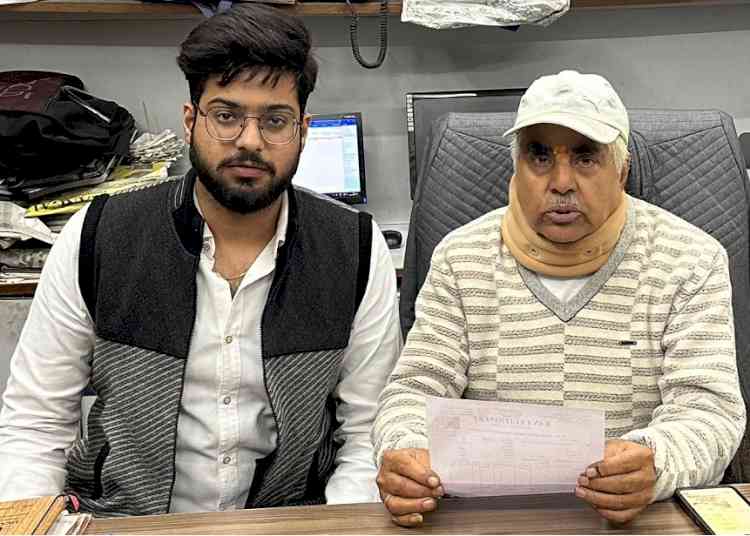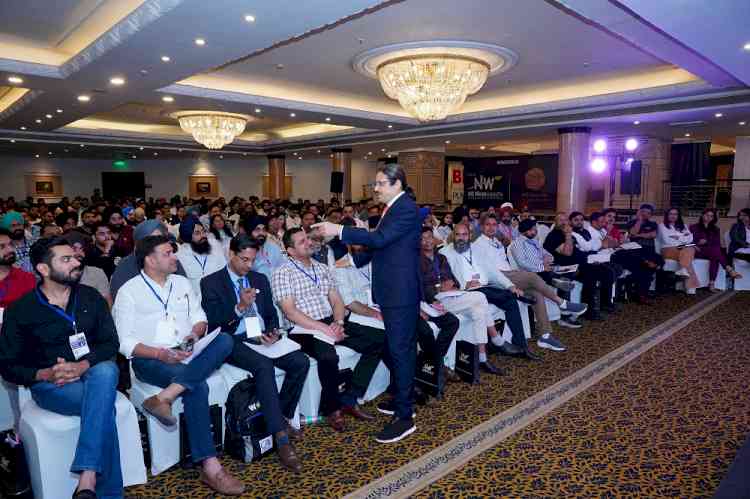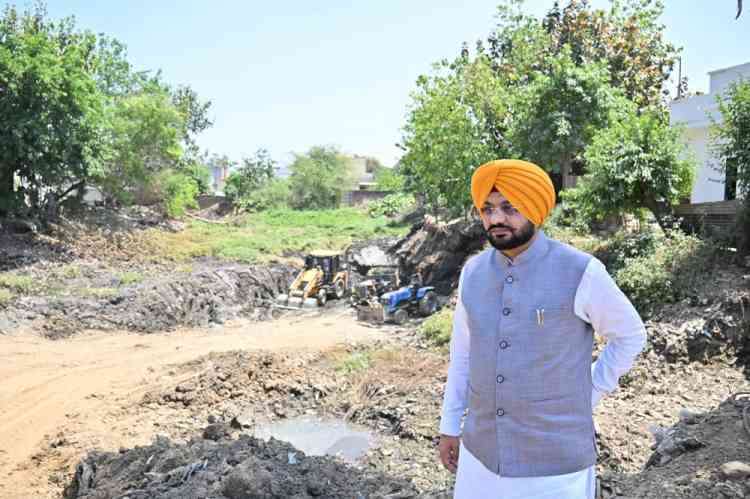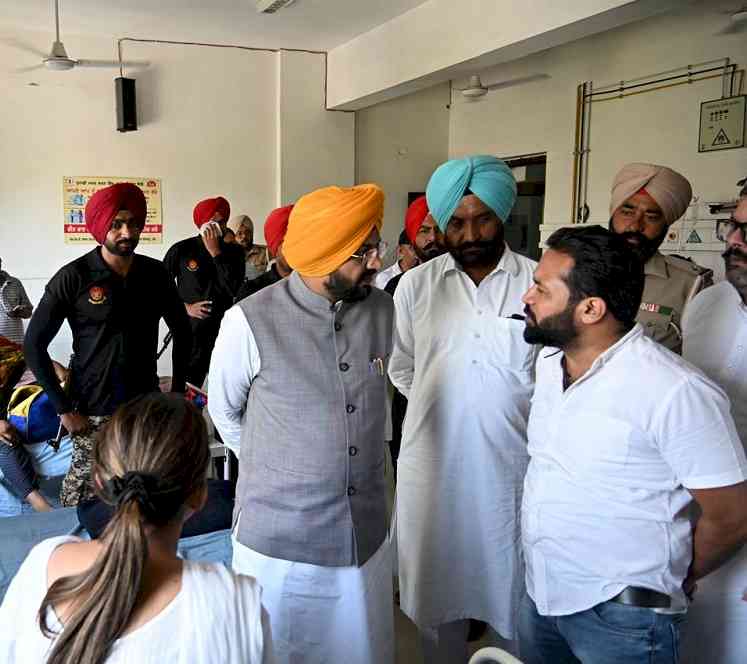PPBM leaders seek Punjab FM’s intervention to save State’s textile industry
A meeting of the Punjab Pradesh Beopar Mandal was held today at the main office located at Mata Rani Chowk in the presence of State General Secretary and member of the Central Traders Welfare Board, Sunil Mehra, and General Secretary Ayush Aggarwal.

Ludhiana, December 25, 2024: A meeting of the Punjab Pradesh Beopar Mandal was held today at the main office located at Mata Rani Chowk in the presence of State General Secretary and member of the Central Traders Welfare Board, Sunil Mehra, and General Secretary Ayush Aggarwal.
Addressing the media persons, these trade leaders said that the Group of Ministers has made a recommendation to the GST Council to increase the GST rates on textiles. Currently, fabrics priced up to ₹1000 are taxed at 5% GST, and fabrics above ₹1000 are taxed at 12%. According to the new proposal, fabrics priced up to ₹1500 would be taxed at 5% GST, fabrics priced between ₹1500 and ₹10,000 would be taxed at 18% GST, and fabrics priced above ₹10,000 would be taxed at 28%.
These leaders questioned the rationale behind considering fabric, a basic necessity, as a luxury item and imposing 28% GST on it. They pointed out that most hand-knitted sweaters would now fall under the 18% GST slab. Additionally, during wedding seasons, most fabric purchases exceed ₹10,000. They asked, “Does this mean weddings have now become a luxury?”
They also argued that increasing the GST on handwoven fabrics to 18% would increase the costs for small and medium-scale enterprises (MSMEs).
The leaders proposed that if an amendment must be made, the current 5% GST rate applicable on fabrics priced up to ₹1000 should instead be applied to fabrics priced up to ₹2000. This adjustment would ensure that inflation-driven fabric costs above ₹1000 would also fall within a fair tax range.
They warned that considering fabric as a luxury item will not help the government fill its tax coffers. Instead, it could lead to increased tax evasion, ultimately creating a deficit in government revenues. The government should aim to collect taxes from more people rather than imposing higher taxes on a smaller population.
The leaders urged the GST Council to reject this proposal, emphasizing that in North India, especially during the winter season, essential fabrics should remain taxed at 5% or 12%, as per necessity.
They highlighted that Punjab, particularly Ludhiana, is the hub of the textile industry in North India. Punjab’s economic condition has already been strained in recent years due to factors like border closures by farmers and disturbed law and order. Businesses in Punjab have faced losses of at least ₹5 lakh crore over the past 2.5 years, and the increased GST rates will further burden Punjab’s businesses and industries.
Due to border closures, Punjab traders and units face an additional cost of ₹300 crore every week just to move goods in and out of Punjab due to diversion.
The increased GST rates on fabrics would also affect Punjab’s exports, weakening its international competitiveness compared to traders and industries in other countries.
The leaders expressed their anger at Punjab’s Finance Minister, Harpal Cheema, who is also a member of the GST Council. Despite being aware of the situation of hosiery in Punjab, especially in Ludhiana, he did not oppose the proposal during the council meeting. The leaders stated that they will soon meet Harpal Cheema to request his intervention to save Punjab’s textile industry.


 City Air News
City Air News 










